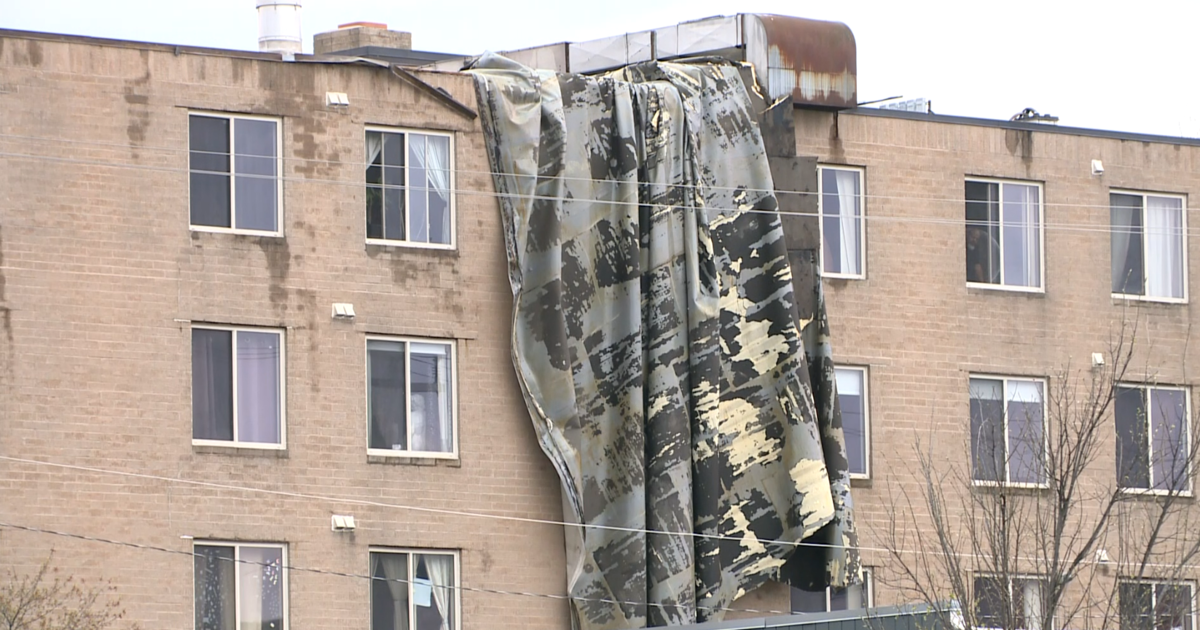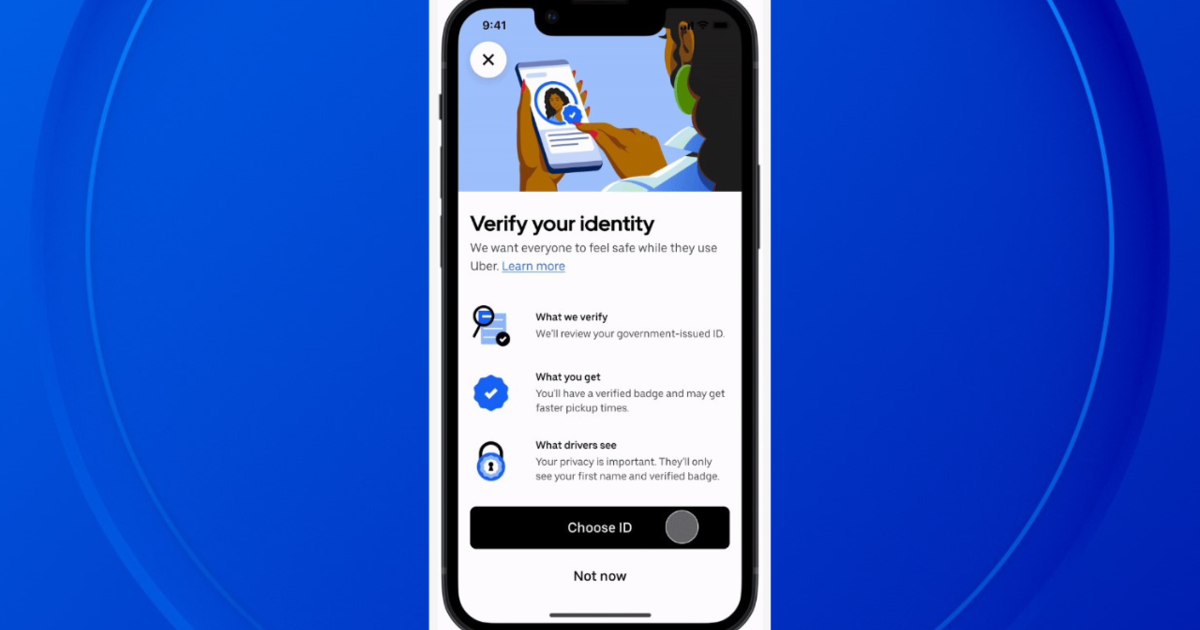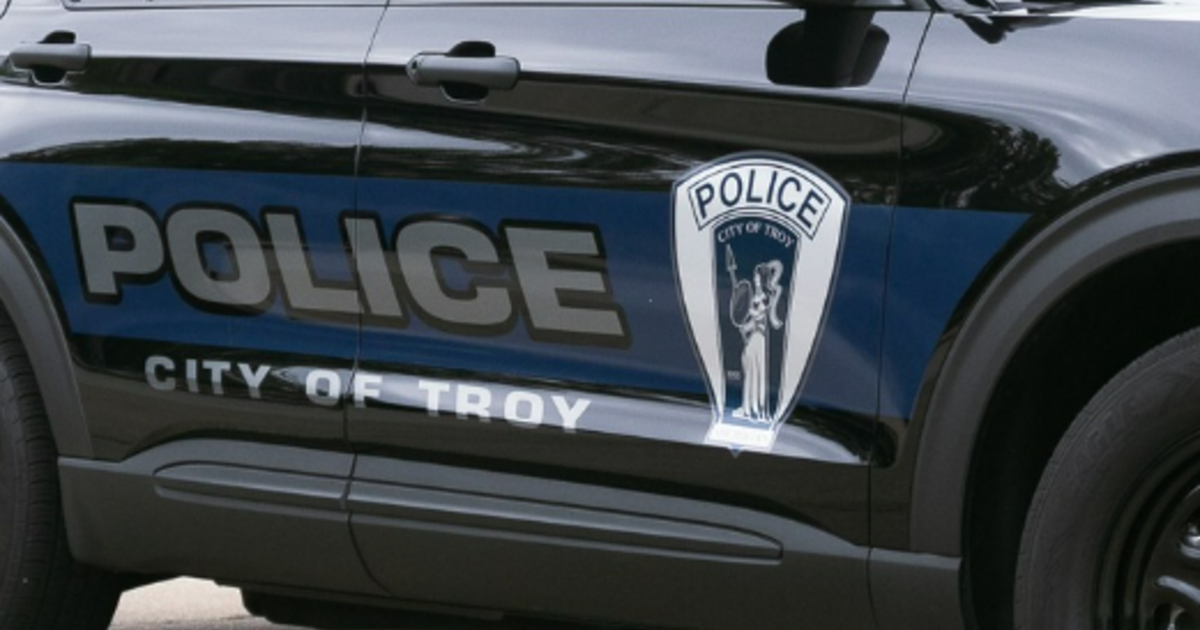How To Best Protect Yourself And Your Electronics During A Storm
By Lori Melton
Thunderstorms and lightning strikes can create many kinds of electrical safety hazards in your home. Knowing what to do to protect yourself and your electronics during a storm can help minimize the risk for serious injury or even death. Check out these tips below on ways to keep yourself and your electronic devices safe in the event of a storm.
What To Do If You Are Caught Outside in a Storm
Being indoors during a storm is obviously the safest place to be. However, you need to know what to do if you're caught outside when a storm hits. Lightning hits the tallest objects in its path, so move to a low point, if possible. If you're exposed, crouch down low, keep your head tucked down and cover your ears.
Stay away from trees and avoid contact with any type of metal object (fences, poles, benches, sheds, golf clubs, bats, etc.). If you're in group, spread out—don't huddle together—and stay away from any type of water, like pools, flooded pavement and even puddles or damp grass. Seek shelter in a car or a non-concrete structure as soon as possible.
How to Treat Downed Power Lines
Downed power lines carry a huge risk of electrocution if any part of your body makes contact with it. Do not EVER touch or drive over a downed power line. If you see one, get at least 10 feet away from it or anything touching it. Don't EVER try to move it. Use small steps to shuffle away from it, keeping your feet together and on the ground.
If you see someone laying near a downed line, don't attempt to help the person. Call 911 instead. Also, be careful not to touch or come in contact with any water, even a small puddle, that is near a downed power line. Finally, if a power line comes down on your car, don't get out of the car. Stay inside the vehicle and call 911 immediately.
How to Stay Safe Indoors During a Storm
Being inside your home during a storm is obviously safer than being exposed to the elements outdoors. However, lightning can enter your house during a storm. So, there are several safety precautions to remember if you're home during a storm.
First, make sure you bring outdoor pets inside. Doghouses are not lightning-proof and chained pets are at high risk for lightning strikes. Next, stay away from windows and doors. Heavy winds and fallen trees can shatter windows and damage doors. Also, avoid using water and stay away from showers, tubs, faucets and sinks, as lightning can travel through plumbing.
Don't use hard-wired telephones. Don't walk around in flooded areas in your home or basement and avoid contact with anything metal; such as metal windows, door frames, ladders, tools and fences.
Protecting Electronic Devices and Preventing Electrical Hazards
If you've ever had your computer "fried" during a storm, you know how devastating data loss can be. Therefore, it's always good practice to backup computer content to prevent catastrophic loss or damage during a storm. You can also connect computers, printers, routers, and other critical devices to a surge protector strip to help prevent damage during a storm-related power surge.
The best rule of thumb though, if there is time, is to unplug your computer and all electrical household appliances and cords from outlets during a storm. Also, avoid use or contact with any electronic equipment, electrical appliances, or electrical cords during a storm. It's okay to use cordless phones and cell phones, but never use a corded phone and unplug or avoid using a docking station until the storm passes.
Finally, if any electrical appliances get wet during a storm, do not turn them on or use them until you've had them checked by a qualified service technician. For example, if your washer and dryer get wet in a basement flood, call a professional before using them.



